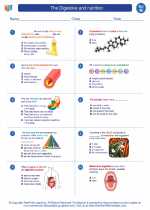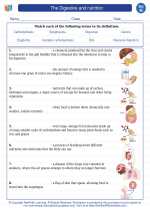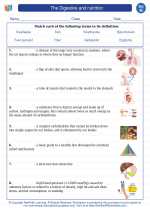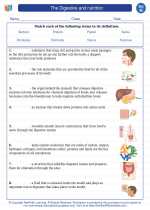Civil Engineering
Civil engineering is a branch of engineering that deals with the design, construction, and maintenance of the physical and naturally built environment, including works like roads, bridges, canals, dams, and buildings. Civil engineers are responsible for ensuring the safety, efficiency, and sustainability of these structures.
Key Concepts in Civil Engineering:
- Structural Engineering: Involves the design and analysis of structures such as buildings, bridges, and dams to ensure they can withstand the loads and forces they will experience.
- Geotechnical Engineering: Focuses on the behavior of earth materials and the design of foundations for structures, as well as the stabilization of slopes and embankments.
- Transportation Engineering: Deals with the planning, design, and operation of transportation systems including roads, highways, and railways.
- Environmental Engineering: Concerned with the protection of the environment and public health, including the design of water supply and wastewater treatment systems.
- Construction Engineering: Involves the management and planning of construction projects, including the selection of construction methods and materials.
Study Guide for Civil Engineering:
If you are studying civil engineering, here are some key topics to focus on:
- Understand the principles of structural analysis and design, including the behavior of different materials under various loads.
- Learn about the properties of soil and rock, and how they affect the design and construction of foundations and earthworks.
- Study transportation systems and their components, including traffic flow, pavement design, and public transportation planning.
- Explore environmental regulations and sustainable design practices, including water and air quality management.
- Gain knowledge of construction management principles, including project scheduling, cost estimation, and safety planning.
Additionally, consider gaining practical experience through internships or co-op programs to apply the theoretical knowledge in real-world projects. Civil engineering is a diverse and dynamic field that plays a crucial role in shaping the built environment, and a strong understanding of the key concepts and principles is essential for success in this profession.
.◂Science Worksheets and Study Guides Eighth Grade. The Digestive System & Nutrition

 Worksheet/Answer key
Worksheet/Answer key
 Worksheet/Answer key
Worksheet/Answer key
 Worksheet/Answer key
Worksheet/Answer key
 Vocabulary/Answer key
Vocabulary/Answer key
 Vocabulary/Answer key
Vocabulary/Answer key
 Vocabulary/Answer key
Vocabulary/Answer key
 Vocabulary/Answer key
Vocabulary/Answer key
 Vocabulary/Answer key
Vocabulary/Answer key
